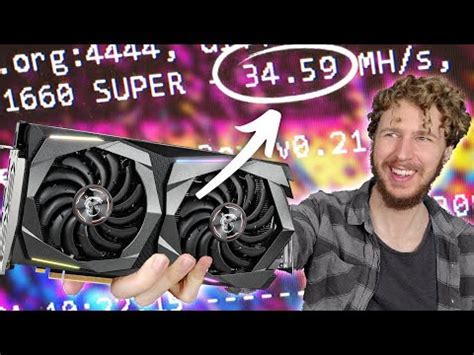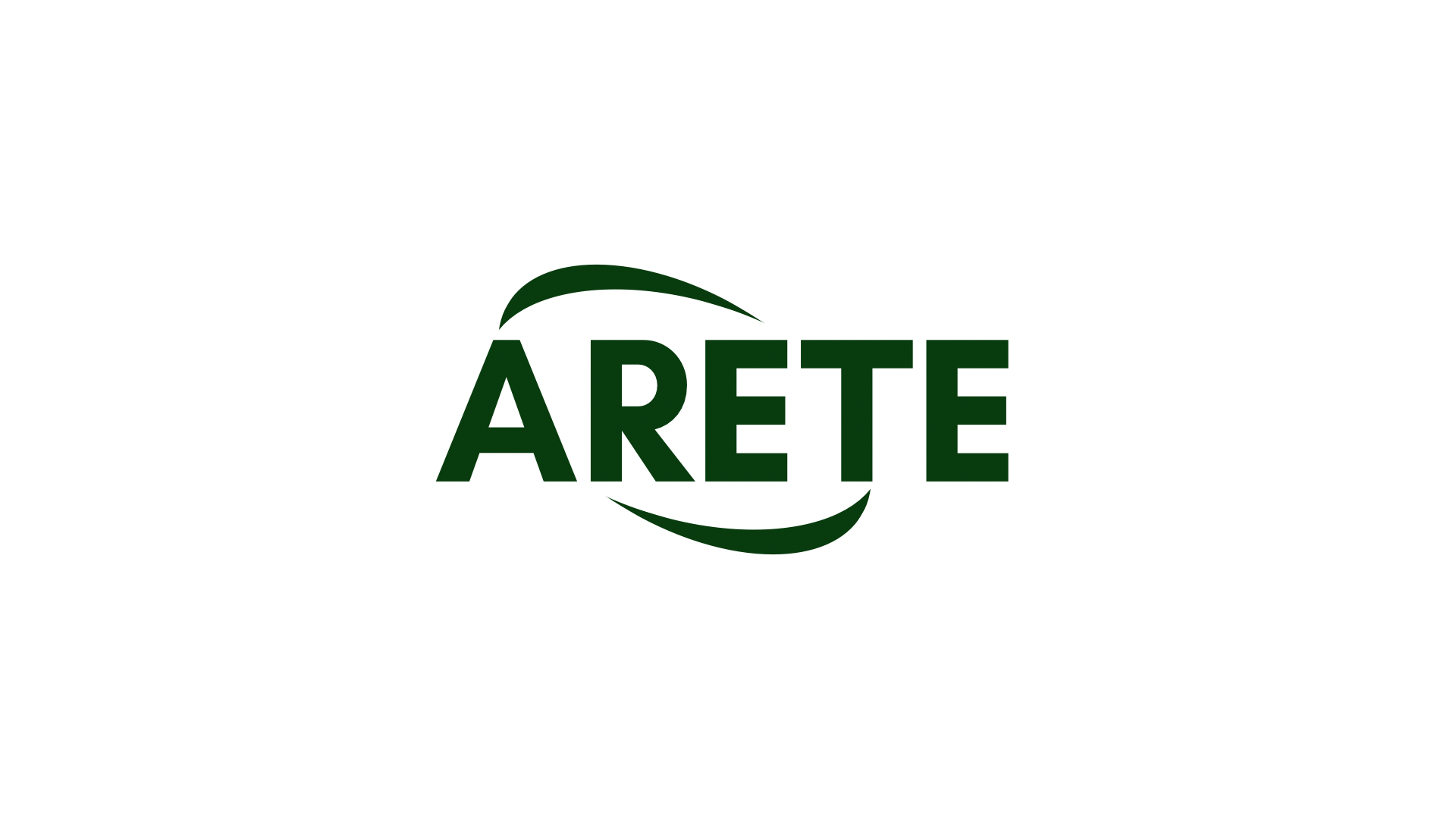Understanding transaction fees Ethereum: How to separate them from raw transactions
Fees for Ethereum transactions can be a significant part of the total cost of transactions for users. While the “Getrawtransaction” RPC connection provides detailed information about transactions, including input and output values, does not directly disclose the amount of the transaction fee. In this article, we will examine how to separate the transaction fee from the strict Ethereum transactions.
Why are the transaction fees not included in “Getrawtransaction”?
The connection “GetrawtransactionRPC downloads a shutter of all transactions in the Ethereum network at a specific height of the block. However, it does not include any metadata with input and production values, such as gas prices or transaction fees. These costs are calculated by Górnik when they confirm and make each block.
separating the transaction fee from raw transactions
To separate the transaction fee from the results of "Getrawtransaction", you can use a combination of techniques:
1. Take over the transaction data
The answer "Getrawtransaction" is included in the JSON object with various fields, including "Gas", "Value" and "Entrance". You can analyze this structure to access these values.
Javascript
const tx = wait for the supplier. Gettransaction (ID);
Const Transactionadata = Json.parse (tx.body);
Const Gasprice = Transactiondata.Gas;
Const value = transactions.value;
Const Input = Transactiondata.input;
// calculate the transaction fee
Const Transactionfee = Gas - (GasPrice / 1E8); // Convert to Wei and divide by 10^8
2. Use the library for transaction data analysis
You can use a library such as Ethers.js Luba ‘WEB3JS’ to analyze and analyze the data of raw transactions. These libraries provide a more convenient interface to work with Ethereum transactions.
`Javascript
Const Ethers = requires ("ether");
const tx = wait for the supplier. Gettransaction (ID);
Const Transactiondata = Ethers.utils.Parsetransaction (TX);
// calculate the transaction fee
Constal Gasprice = ethers.utils.foratunits (Transactiondata.Gas, "Gwei"); // Convert at Wei and format as a number
Const value = transactions.value;
Const Input = Transactiondata.input;
Const transactionahee = gasprice - (value / 1e8); // Convert to Wei and divide by 10^8
3. Use the ethers.js' library to get raw transactions
Alternatively, you can use the "Ethers.js" library directly to download raw transactions. This approach allows for greater flexibility in the analysis of transaction data.
Javascript
Const Ethers = requires ("ether");
Const Provider = New Ethers.providers.jsonrpcProvider ('
const txid = "your_tx_id"; // replace the real transaction identifier
// get raw transactions for a specific block height
Const Rawtransactions = Wait for the supplier. Gettransaction (TXID);
// looped through any strict transaction and separate the transaction fee
rawtransactions.foreach ((transaction) => {
Const Gasprice = Transaction. Gas;
Const value = transaction.value;
Const Input = transaction.input;
// calculate the transaction fee
Const Transactionfee = Gas - (GasPrice / 1E8); // Convert to Wei and divide by 10^8
console.log ('transaction fee for $ {txid}:', transaction);
});
Application

While “Getrawtransaction” provides valuable information about Ethereum transactions, including input and output values, does not directly disclose the transaction fee. By using a combination of techniques, such as analyzing JSON objects or using libraries to analyze raw transaction data, you can separate the transaction fee from these results.
Remember to replace substitute values (e.g. “your_project_id, your_tx_id`) your design identifier and infura transaction identifier.

